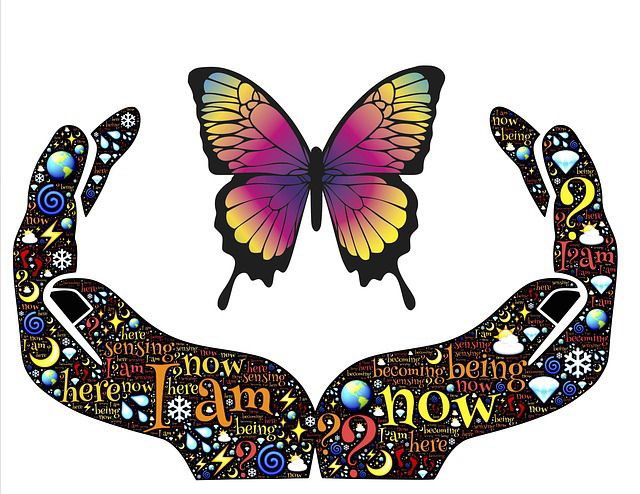
This question is up in my experience right now because of what is happening with Ellen as a consequence of her stroke. Being paralyzed on one side of your body completely disrupts your normal sense of self. You feel significantly less than you normally do and the question comes to the surface – “Am I enough?” Life is hard enough trying to be a full-fledged human being, without loosing the use of half your body. All your prized independence is ripped away when you can’t even roll over in bed without help, much less do anything else.

It is my belief/experience that it is this question that drives most using behaviors. Using behaviors are when we use things like drugs, alcohol, food, smoking, excitement, work, etc… to keep from feeling certain things. The basic feeling of being enough is a big one we try not to feel. Why is ‘being enough’ such a challenge?
When we are born into the world we quickly experience that life demands we develop skills at what seems like two opposite life goals. On the one hand we have a deep inner drive to get our needs met. If we don’t, we don’t survive, so getting our needs met is pretty important. We have to eat, sleep, keep warm, have shelter, and protection from harm. Humans are communal animals. We get our needs met through participation and connection with others. As a species we have a long period of time where we are completely helpless as babies and therefore completely dependent upon our ability to connect to our caregivers to survive. Most species are able to survive on their own within a few hours to days of being born, but not so for us. So connection skills are vital for us to survive as humans.

On the other hand we have a driving force inside ourselves to manifest our unique potential of being-ness. We each come into the world already prewired with natural inclinations and tendencies built into our individual genetic and epigenetic code. We are born with unique and individual potentials for mental and emotional development which we want to manifest in the same way that a seed wants to become whatever it is designed to become. Acorns want to become oak trees and carrot seeds want to become carrots. Everything wants to fulfill its destiny.
I call these two different goals the drives of connection and individuation. And most of the time it seems as though these two goals are directly opposed to each other. This is because the main message we get when we are young is that to connect and belong we need to reflect and be the same as our parents. This message continues into adulthood with our social groups and religious or political affiliations. To belong you have to be the same as the group. You have to share their values, expectations, and behaviors. You have to match the status quo in order to truly belong.
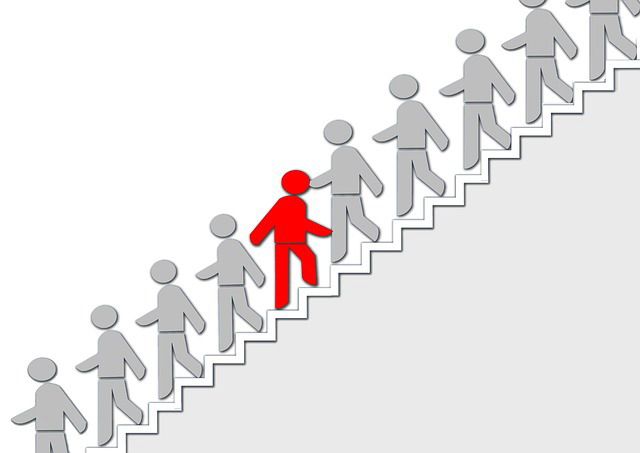
Yet we have all these internal drives to do just the opposite of matching and sameness when we pursue manifesting our uniqueness. In fact we often try to be different just because it is different. At the same time we are trying to figure out who we are through trial and error. We want to be us, not some copy of our parents or some faceless member of the crowd. We want to shine out with our individual unique gifts to the world that were designed to share.
So these two opposite primal drives pull us apart and generate the constant question “Am I enough?” Because if I am fulfilling one drive, I am probably neglecting the seemingly opposite drive. So one drive or the other will leave me feeling like I am not doing enough to be enough.
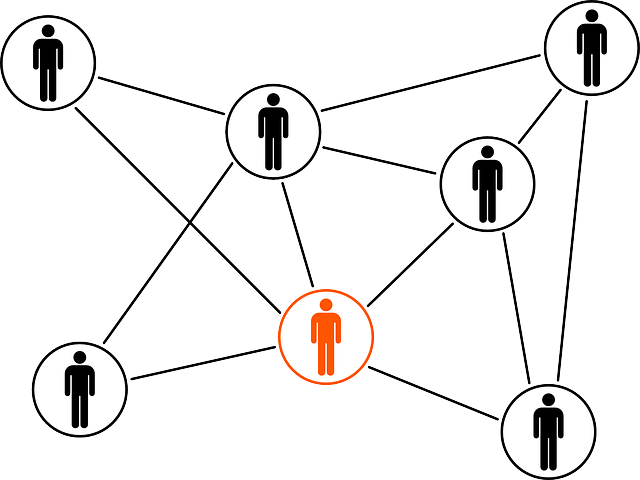
This built in craziness is purposeful from the perspective of humanity as a whole. This is because humanity needs us to be good at both drives. Humanity needs our unique skills and it needs us to connect well in order to share those unique skills with others in a constructive way. This is how humanity advances and grows. It takes individual creativity tackling the challenges faced by humanity and then sharing the solutions with everyone else. But this creates the huge challenge of how to get us to both connect and be individual. The two seem so opposite most of the time.
Well the answer is that there is a way to do both well; it is just very hard. It is a very narrow path to follow that keeps the balance between these two opposite poles of life. This path is the path of growing up in maturity. I would even say that maturity can be defined by the level of balance between individuation and connection. Too much individuation becomes self-centered narcissism and too much connection becomes co-dependency or dependency. Developing excellent boundaries, while still maintaining and open and connecting heart, is a highly advanced skill. It takes a lot of trial and error to develop this level of skill with life.

This is where the rubber meets the road and the question of “Am I enough?” gets answered. Developing the skills to successfully navigate the delicate balance of individuation and connection requires us to be incredibly tuned in to the constant feedback life is giving us about how well we are doing. We simultaneously have to be tuned in to our inner feeling states to know how we are doing with manifesting and expressing our inner creative being-ness. This means being fully in the present moment, as this is the only place this feedback exists. It also means feeling all the negative feedback that lets us know when we are straying too far to either side of the balance line. This feedback is unpleasant – sometimes really unpleasant.
To relate, imagine you are trying to walk a tightrope. As you start to fall to either the right or the left, gravity produces that terrible feeling of falling that signals you to do something immediately or you will die. Now imagine having to live your entire life walking a tightrope with an equally terrible “about to fall” feeling as feedback every time you are too individuated or too connected. And since all this is a trial and error process, as you have no idea from one moment to the next what life will throw at you, it is like walking that tightrope blindfolded with people throwing things at you for you to catch and balance. Is it any wonder that most folks don’t want to feel what is really going on in the present moment? Does it make sense why people like to use substances and behaviors to avoid feeling in general? Feeling is the pits most of the time. It feels better as you get better at developing balance, but that takes time.
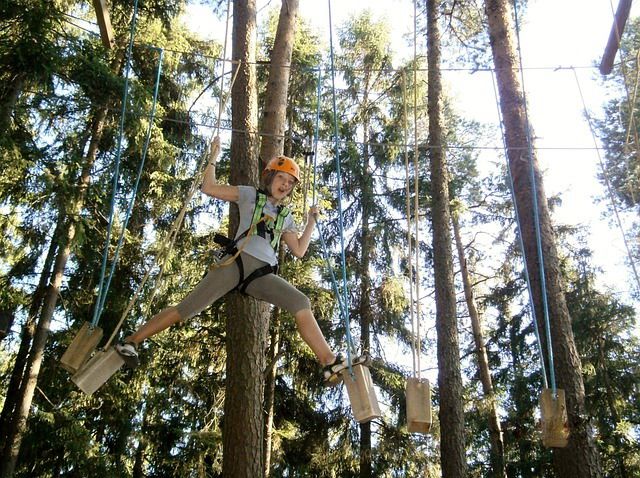
But the alternative is to try to walk that tightrope without feeling, by numbing yourself with drugs or foods or righteous beliefs. Anything that directs you into your head, thoughts, and beliefs takes you out of the now moment of feeling experience. And it is only in that now moment of feeling experience that the feedback for achieving balance exists. Life is chaotic and constantly changing. We have to be creative and adapt in every moment. There is no such thing as a fixed belief or attitude that will keep us balanced. We have to keep moving forward and making it up as we go along because we are unique and our path has to be unique to us.
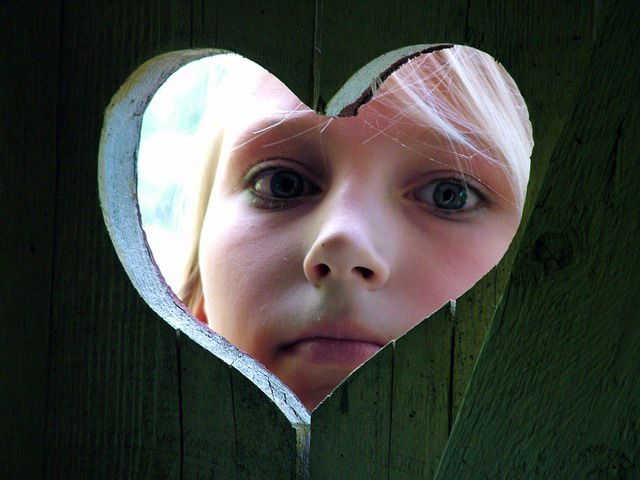
So what does it take to be enough? All it takes is an open heart and willingness to feel the present moment. This is the basic requirement to be able to learn to become balanced between the two prime drives in life. The path we walk never ends, it just gets grander and more joyful as we get better and better at connecting and sharing our uniqueness as we create ever more self-fulfillment in ways that support the rest of life.
The ability to ask “Am I enough?” is a self-fulfilled question, because it is a feeling question – “How do I feel in this moment?” To ask it is to be in the present moment and opening to how your heart feels. If you can do this, you have met the basic requirements for being enough. You open your heart and you feel the present moment. Now the trick is to not be afraid to keep your heart open and keep feeling the present moment. Yes, it often feels bad. But that bad feeling is what is supposed to guide us to find balance. Only you can feel where both your individuality is being met and you are also feeling connected. No one can do this for you. No ritual, dogma, or belief can do this for you. This is between you and life.

The journey is amazing – scary, often painful, but also joyful and amazing.